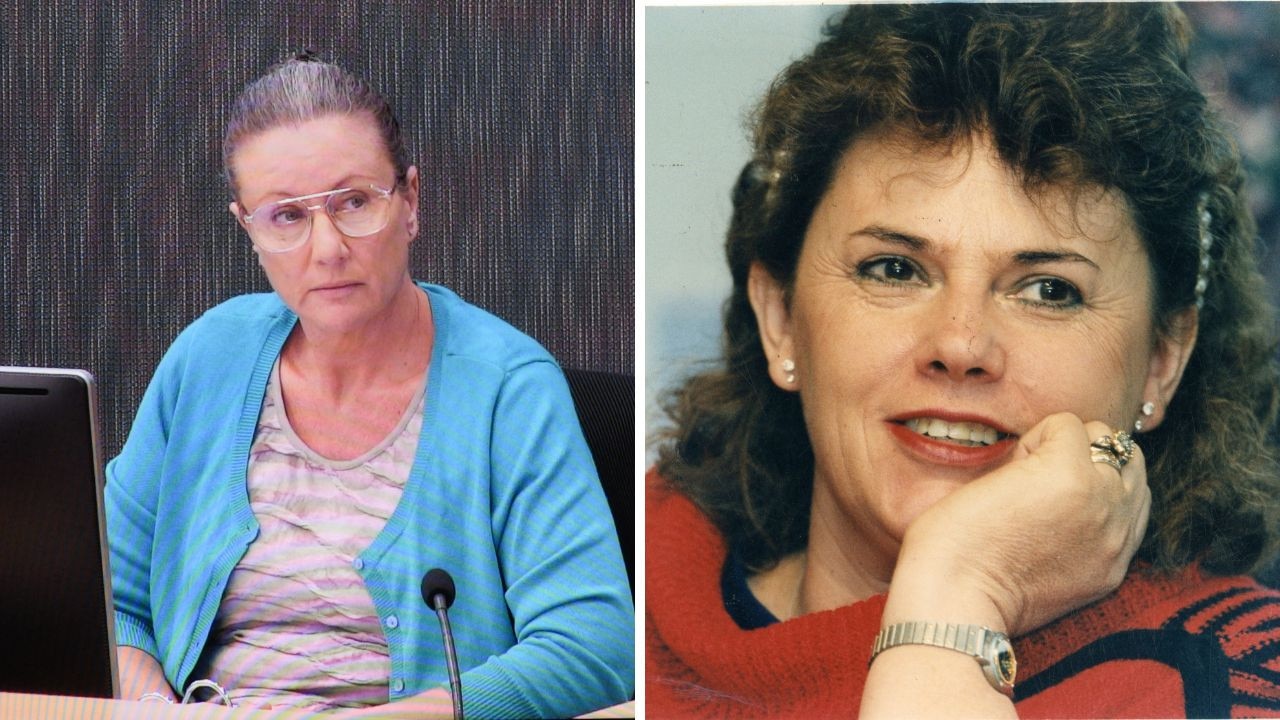Mother’s Guilt podcast: What would happen if the Folbigg children died today?
The deaths of the four Folbigg children and the trial of their mother Kathleen happened between 1989 and 2003 – but the post mortems and investigation would be very different if it happened today.
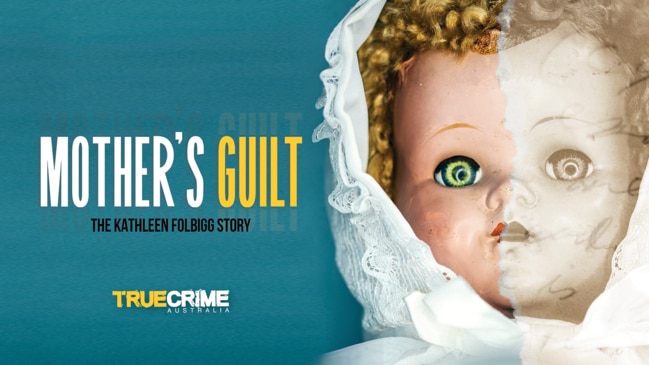
Mother's Guilt
Don't miss out on the headlines from Mother's Guilt. Followed categories will be added to My News.
If the Folbigg case happened in 2022, the family would be offered genetic screening.
An international study published in 2019 found that cardiac diseases such as long QT syndrome account for approximately 12 per cent of cases of sudden infant death.
Such diseases are caused by genetic mutations.
It was argued in the Folbigg case that more than one sudden infant death was suspicious and four unheard of, but according to world-leading SIDS expert Dr Robert Goldstein, if you have had one SIDS death, the chances of another are much higher.
“I know that once a parent has a case of SIDS, the chance of having another one is fourfold increased,” he said.
LISTEN: Episode 1 of our SUBSCRIBER EXCLUSIVE podcast Mother’s Guilt – the Kathleen Folbigg Story is now live. Press play here.
Click here for the full Mother’s Guilt episode rundown.
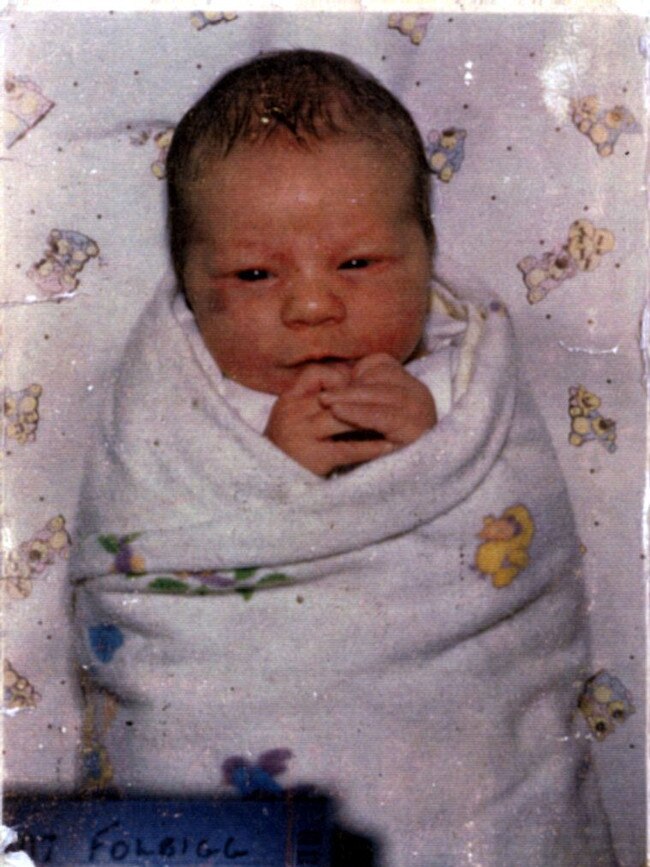
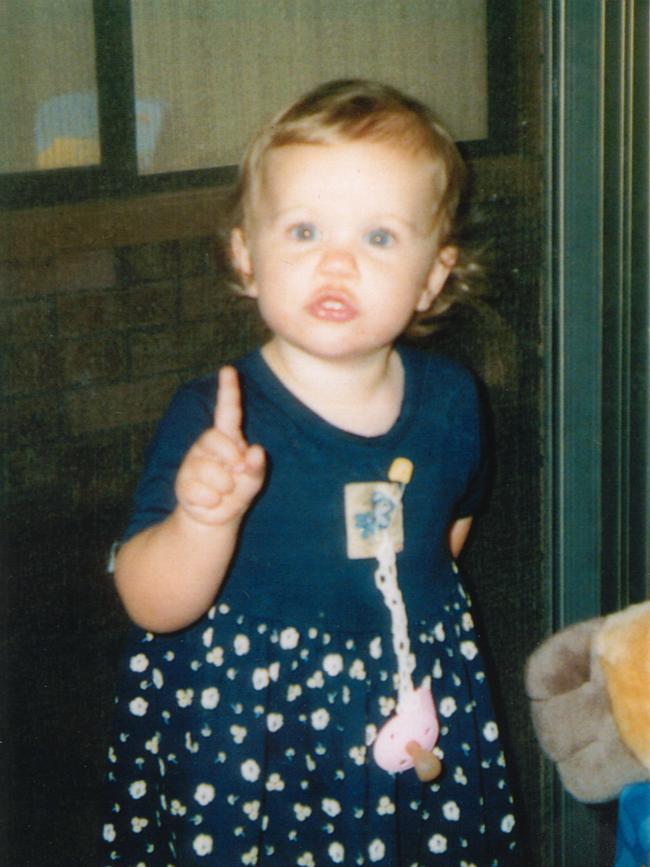
If the Folbigg children died today, especially after a second death in the family, there would be a ‘molecular autopsy’ where both parents would have their DNA analysed.
Kathleen Folbigg would be found to be carrying a genetic mutation on the CALM2 gene that is linked to sudden death. (It is possible to carry the gene and not be affected, but offspring can).
Professor Peter Schwartz, the head of the Centre for Cardiac Arrhythmias of Genetic Origin and an expert in sudden infant death and long QT syndrome, said genetic testing should always be conducted after a sudden death.
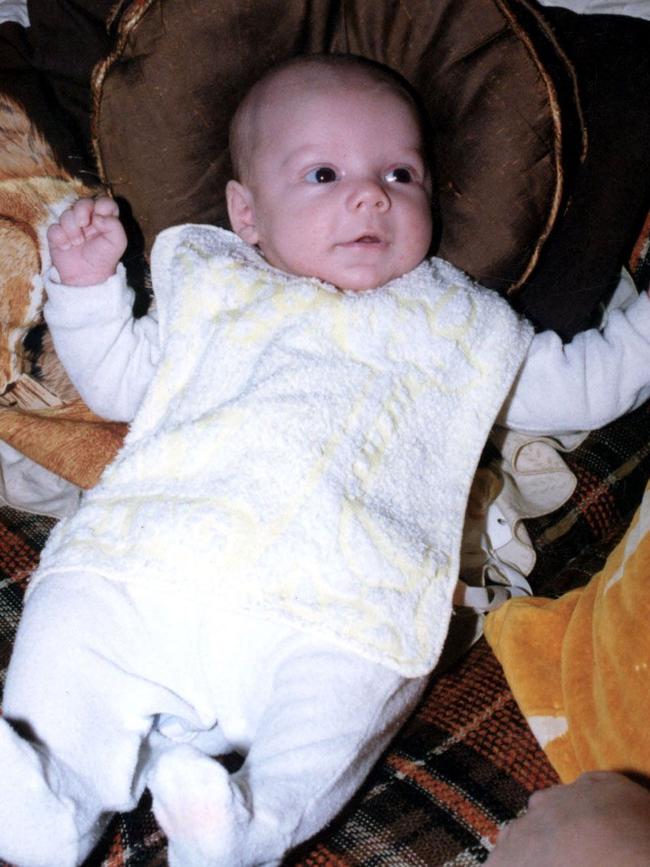
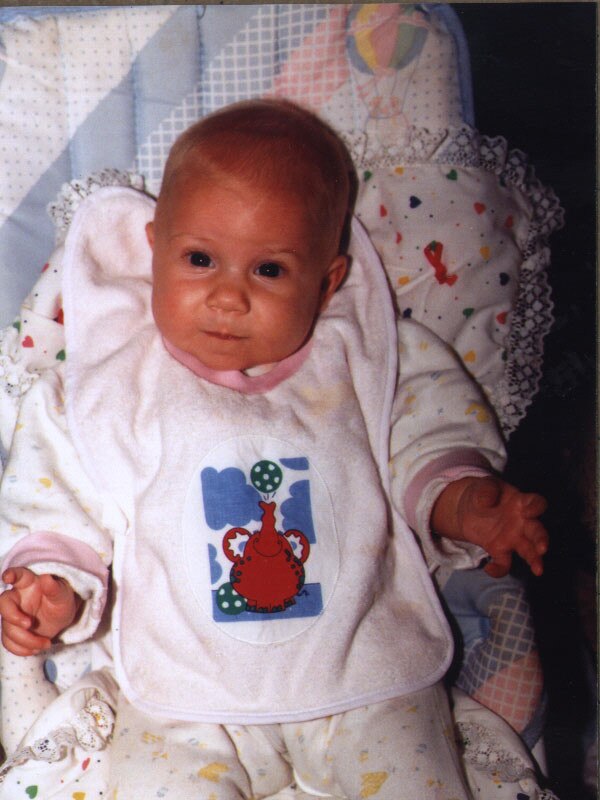
“If you have a three-year-old child or a seven-year-old child or a nine-month-old child who dies suddenly, the post mortem is negative, then you look at the DNA, and you find the mutation on certain genes, the genes that lead to long QT syndrome, or to another disease called CPVT. You simply say, this is the cause of that, period," Prof Schwartz said.
“Most of the time when we see a child or a teenager with long QT syndrome, and he had fainted at a cardiac arrest or whatever do we always screens a family.
“Most of the time, the parent who‘s carrying the mutation may have no symptoms whatsoever. The same clinical severity changes with any new generation.”
More Coverage
Originally published as Mother’s Guilt podcast: What would happen if the Folbigg children died today?




